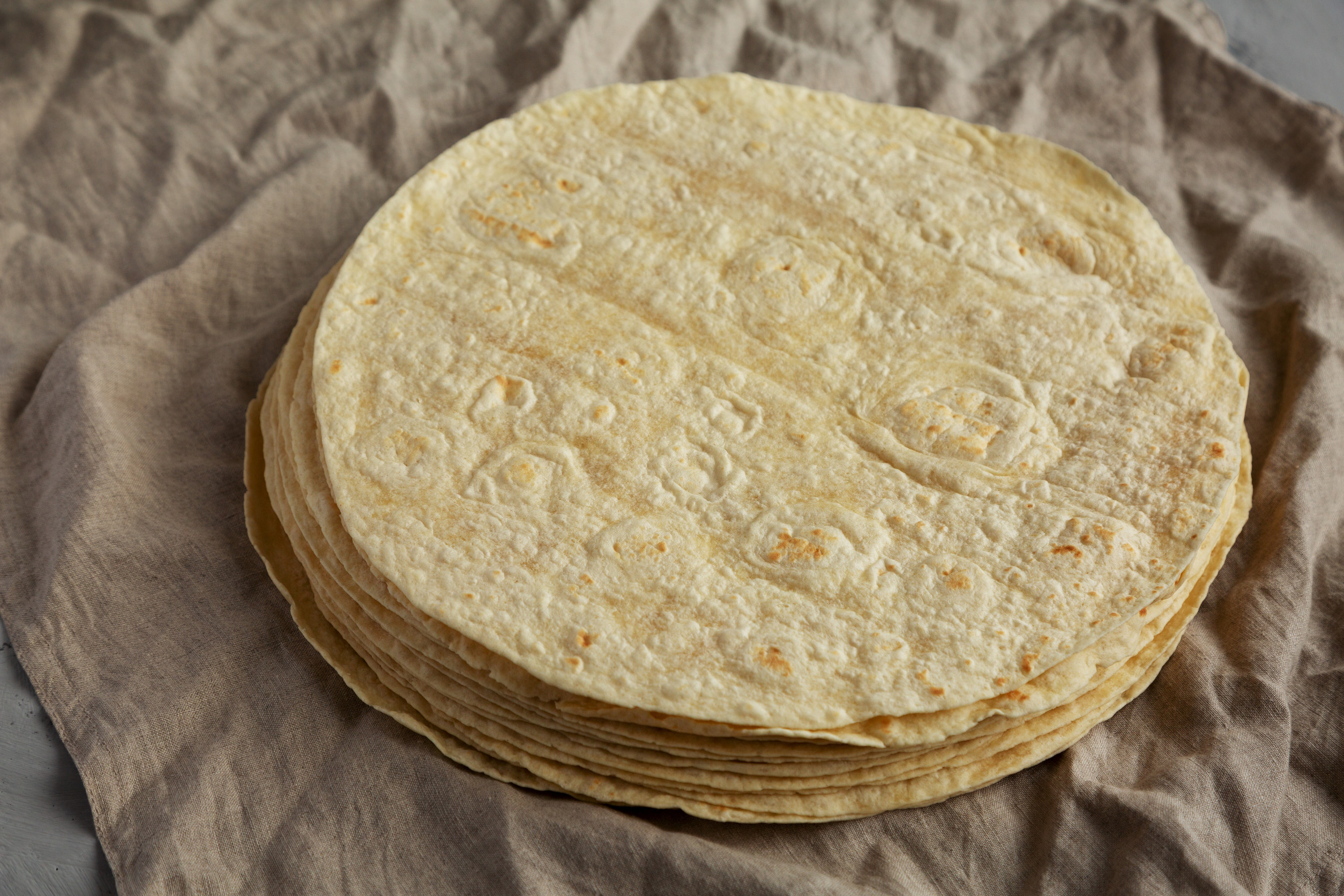Image Credit: liudmylachuhunova/123rf.com
In a significant advancement for food security in Mexico, researchers at the National Autonomous University of Mexico (UNAM) have developed a revolutionary probiotic tortilla designed to remain fresh for up to a month without refrigeration. This innovation addresses the pressing issue of food spoilage in rural areas where refrigeration is often unaffordable or unavailable.
Traditional corn tortillas are a staple in Mexican diets, but they typically spoil quickly, particularly in warmer climates. The new tortilla, made from wheat flour, incorporates prebiotics and probiotics—live microorganisms that are beneficial for gut health. This fermentation process not only extends shelf life but also eliminates the need for artificial preservatives, which can have adverse health effects.
The initiative is particularly relevant in light of food insecurity challenges in Mexico, where nearly 14 percent of children under five suffer from chronic malnutrition. In Indigenous communities, this number rises to approximately 27 percent. In Chiapas, a state with high poverty levels and a significant Indigenous population, fewer than two-thirds of households own a refrigerator, exacerbating concerns over food preservation.
The patented probiotic tortilla aims to provide a nutritious and sustainable food option for vulnerable populations. As temperatures in Mexico rise, food spoilage becomes an increasingly critical issue. Gomez’s innovation not only offers a practical solution but also seeks to preserve cultural dietary habits while enhancing nutritional quality.
While the tortilla is currently wheat-based, researchers believe that the same fermentation techniques could be adapted for corn tortillas, further broadening its impact. Although a marketing contract to bring the product to market fell through, the team remains optimistic about its potential to improve food security for families in need, providing them with a reliable and wholesome food source in a changing climate.
Check out the original article here: Source link



